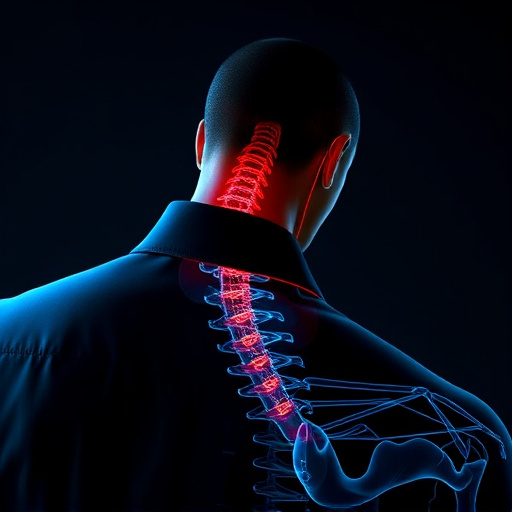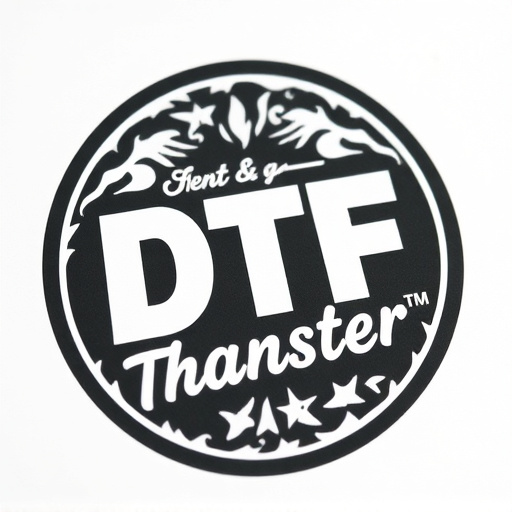When installing legal cold air intake (CAI) systems for better vehicle performance, adhering to region-specific emission standards is crucial. These modifications must maintain optimal air-fuel ratios and sensor functionality for engine management to comply with environmental regulations. Rigorous dynamic flow testing ensures CAI systems meet strict emission standards during real-world driving conditions, protecting consumers and the environment. Compliance avoids legal issues like fines and vehicle non-compliance, guaranteeing the environmental friendliness and operational efficiency of vehicles equipped with certified CAI systems.
Emissions certification is a critical aspect of the automotive industry, ensuring vehicles meet stringent environmental standards. This article delves into the intricacies of legal requirements for cold air intake (CAI) systems, highlighting their significant role in maintaining vehicle performance while adhering to regulations. We explore how emissions certification benefits both manufacturers and consumers, offering guidance on compliance and the advantages of certified CAI systems. By understanding these dynamics, you’ll gain valuable insights into navigating the legal landscape of emissions-related components.
- Understanding Legal Requirements for Cold Air Intake Systems
- The Role of Emissions Certification in Auto Industry
- How to Ensure Compliance and Benefits of Certified Systems
Understanding Legal Requirements for Cold Air Intake Systems

When it comes to modifying vehicles, especially focusing on performance enhancements like cold air intake (CAI) systems, understanding and adhering to legal requirements is paramount. These systems are designed to draw in cooler, denser air from outside the vehicle, increasing oxygen availability for combustion, which can boost engine power. However, this modification must comply with strict environmental regulations aimed at minimizing emissions and ensuring vehicle efficiency.
The legal landscape surrounding cold air intake systems varies by region. In many places, these modifications are allowed as long as they do not compromise a vehicle’s emission control system or increase harmful exhaust emissions. Key considerations include ensuring the CAI does not disrupt the air-fuel mixture ratio, maintaining proper sensor function for engine management, and adhering to specific emission standards set by local environmental agencies. Failure to comply can result in legal repercussions, including fines and vehicle non-compliance.
The Role of Emissions Certification in Auto Industry

Emissions certification plays a pivotal role in shaping the future of the automotive industry, with a particular focus on environmental sustainability. As vehicles become increasingly complex, ensuring they meet stringent emission standards is more critical than ever. This process involves rigorous testing and verification to validate that cars, including those equipped with legal cold air intake systems, emit within permitted limits.
In recent years, the auto industry has witnessed a surge in innovation around legal cold air intake (CAI) systems as a way to enhance engine performance while keeping emissions in check. These systems are designed to draw in cooler, denser air from outside the vehicle, improving combustion efficiency and potentially reducing pollutant emissions. However, for CAI systems to be legally certified, they must undergo dynamic flow testing to ensure they meet emission standards during actual driving conditions. This certification process safeguards consumers, ensuring that any performance enhancements do not come at the cost of environmental harm.
How to Ensure Compliance and Benefits of Certified Systems

To ensure compliance with regulations regarding legal cold air intake systems and emissions, vehicle owners and manufacturers must prioritize thorough understanding and adherence to set standards. This involves meticulous inspection and testing procedures to verify that modifications made to intake systems do not negatively impact a vehicle’s environmental performance. Certified systems, those that have undergone rigorous testing and been deemed compliant, offer significant benefits. They guarantee optimal engine performance while minimizing any adverse effects on air quality, thereby avoiding potential legal repercussions. By opting for certified systems, users can rest assured of their vehicles’ environmental friendliness and operational efficiency.
Emissions certification plays a pivotal role in ensuring that automotive components, particularly cold air intake (CAI) systems, meet stringent environmental standards. By understanding the legal requirements and benefits of certified CAI systems, car manufacturers can navigate the regulatory landscape effectively while enhancing vehicle performance and promoting sustainable practices. Compliance with emissions regulations is not just a legal necessity but also a step towards a greener future for the automotive industry.














